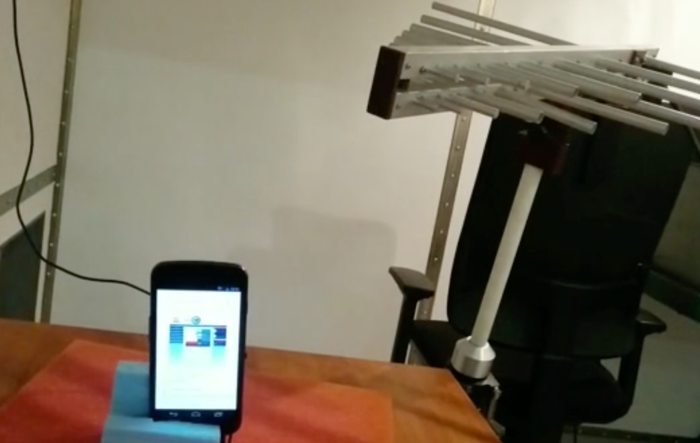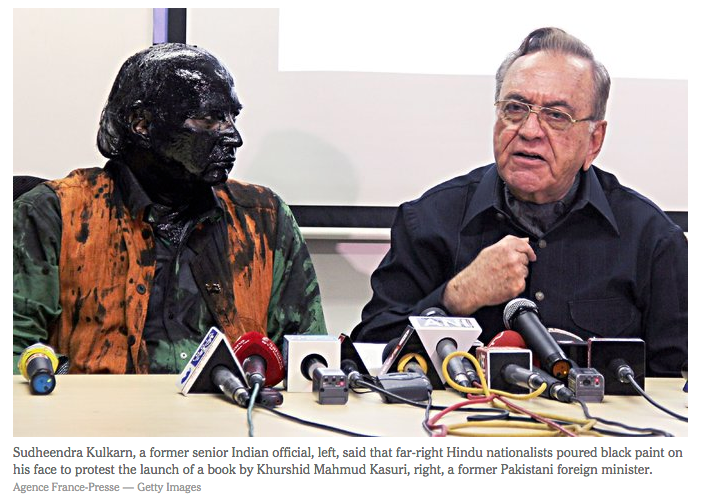Two years ago, I posted about a flubbed joke on Saturday Night Live's "Weekend Update," wherein Taran Killam as historical critic Jebidiah Atkinson slammed FDR's Pearl Harbor address as "a speech that was so boring-ass." The joke as originally written probably referred to a "boring-ass speech," because "[adjective]-ass" almost always occurs attributively (pre-modifying a noun or noun phrase) and not as a predicate adjective. (Acceptability judgments of the predicative use will vary, of course.)
Attributive vs. predicative use of "[adjective]-ass" is relevant again this week, after Sen. Rand Paul was captured on camera being snarky about a daylong livestreaming event his campaign was recording. Asked if he was indeed still running for President, he said:
"I don't know — wouldn't be doing this dumbass livestreaming if I weren't. So yes, I still am running for President. Get over it."
Paul told Fox News today that the comment was intended to be sarcastic. As Talking Points Memo reported,
Paul, who took flak this week for a subdued appearance in a day-long livestream video produced by his campaign, told Fox's "America's Newsroom" that he was joking when he called the exercise "dumbass."
Read the rest of this entry »




